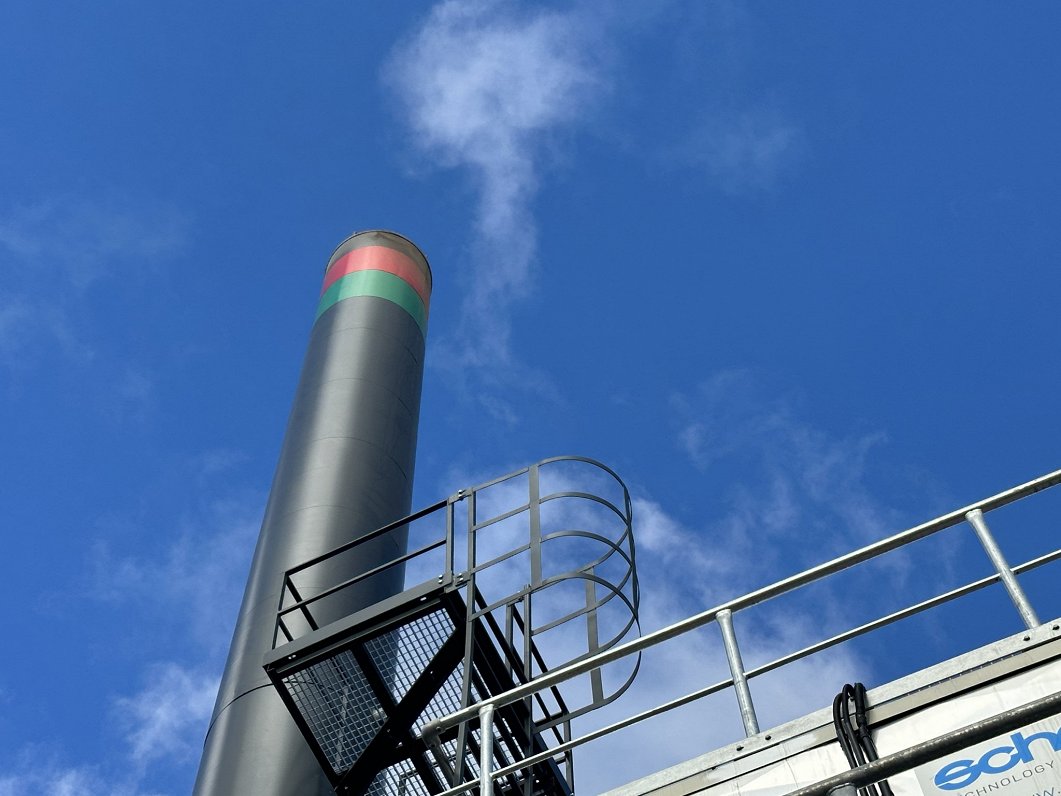Since the beginning of Russia's full-scale invasion of Ukraine, several dozen projects have been implemented in Latvia with government support, in which local government boiler houses changed fuel from gas to woodchips. In total, 34 projects had been registered, which had to be completed by the autumn of this year, however, seven of them could not finish within the previously specified time period, so the Ministry of Economics (EM) extended the deadline until the autumn of next year.
Most of the chip boilers will start work this heating season. Heat consumers will feel that the share of natural gas in heating has declined with the creation of new woodchip boiler houses.
"And we also see that there have been significant reductions in heat tariffs. Of course, it's not as low as we'd like, because we'd always want them even lower. But compared to those peaks that were in the previous winter, when the government had to provide support so as not to exceed solvency, right now we are seeing that this intervention has produced a result, and overall heat tariffs have deviated from those peaks that were in the previous heating season,” Economics Ministry representative Gatis Silovs said.
The fact that the operation of new chip boilers during this heating season will bring tangible benefits to residents was also emphasized by the Board Member of the Latvian thermal enterprises Association, Head of Jūrmala Heat Valdis Vītoliņš, saying that last year, when the energy crisis peaked, many of the woodchip boiler house projects were still in the process.
Before Russia's full-scale invasion of Ukraine, Latvia produced about half of the heat with natural gas, but currently this proportion has shrunk, and about 60% of the heat in Latvia is produced by woodchips.
"In fact, it should be noted that these boilers are not just being built now. We've consistently been dealing with this for the last 15-20 years as we change gas boilers to chip. But it depends on the winter, too, of course. If it is a cold winter, spare gas boilers are turned on,” Vītoliņš noted.
Vītoliņš predicted that this winter will not bring surprises to consumers in the heat tariff:
“I think the price of the chip has stabilized and it is cheaper compared to the time of the crisis, that is last year, because at the moment the chip level is around €25 per megawatt hour, but of course, fuel prices have increased compared to the pre-crisis and pre-war period.”






























